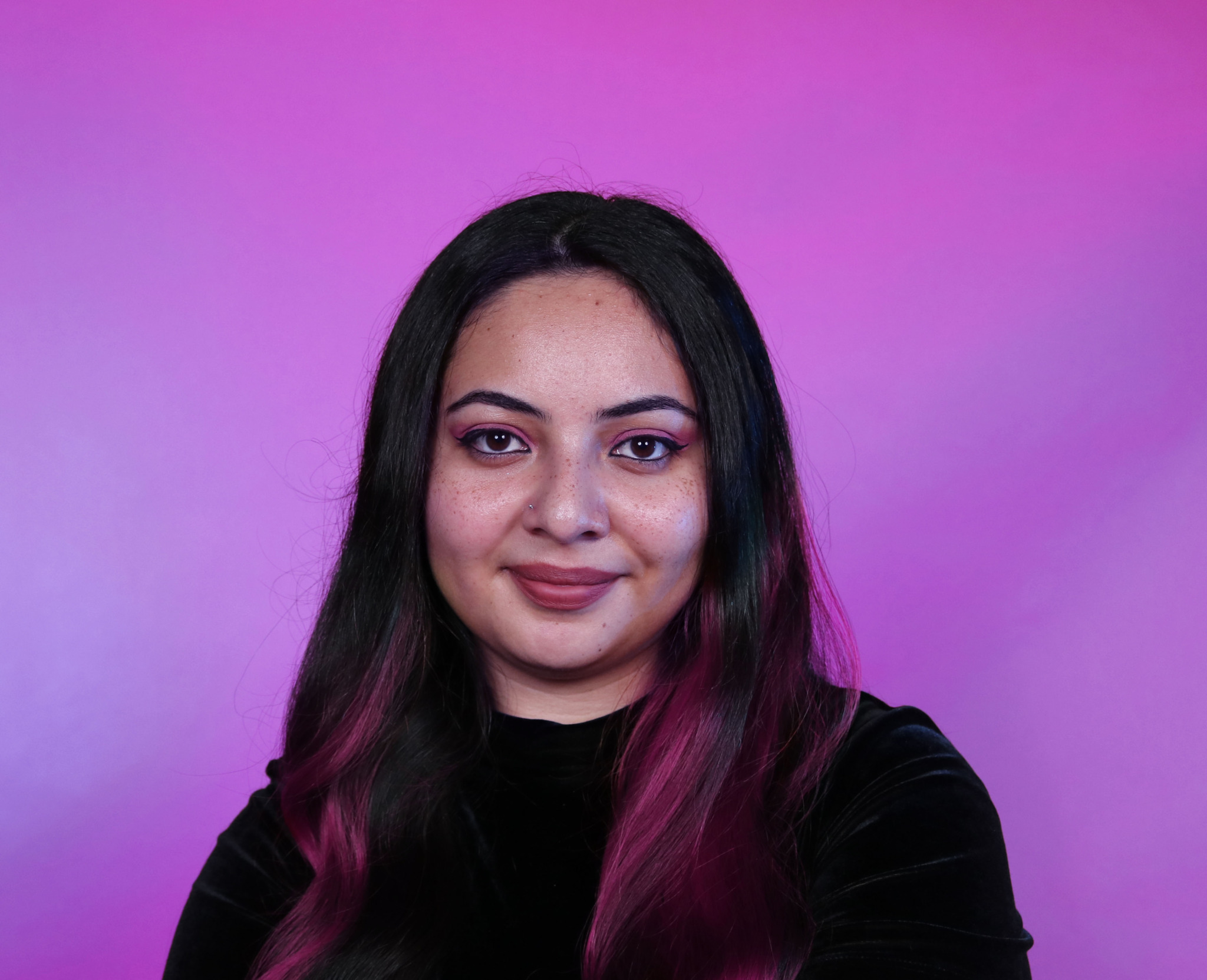We’re excited to introduce you to the always interesting and insightful Loretto Lopez. We hope you’ll enjoy our conversation with Loretto below.
Loretto, appreciate you joining us today. Can you talk to us about how you learned to do what you do?
To come into my own as a stagehand, AV technician, musician, and engineer, I had to be relentlessly determined and patient in my ambition. In short, I went to school, pursued three internships, earned a bachelor’s degree in Music Recording Technology, earned multiple certificates, sought out mentorships, and constantly attended networking events. I also applied to every job related to sound which allowed me to pick up more skills pertaining to the craft. Most importantly, I kept taking classes and workshops outside of school; I found that there is always more to learn and ways for me to further my technical education. Even if these classes and workshops were costly, I viewed it as an investment and that’s the thing; no matter what trade you find yourself in, you need to value your learning and invest in yourself.
With that said, school, internships, workshops, and mentorships is how I became comfortable in both live sound and recording. But it wasn’t an easy journey. To put it bluntly, I felt that everything was stacked against me. I was a young woman of color, trying to pursue a career that was notoriously male-dominated and being confronted with this truth, discouraged me from seriously pursuing sound. This is why I began college with a major in French. I could have graduated in three years with this degree, but instead, I decided to finally pursue music. However, academic advisors tried to convince me otherwise. But I didn’t give up and I really fought for my application…and then the pandemic hit! Luckily, this did not hinder my audition process and I finally became a Music Recording Technology student, but now I was starting from scratch and I had to continue this education remotely.
Then there was the fact that the recording department didn’t have any women teaching in the program. I saw this as an issue because having the same type of professor that’s a white, cis-gendered man, implied to me that only white cis gendered men can be successful and it perpetuated the idea that “women in audio didn’t exist.” I felt the weight of this disparity throughout all of my education and it was shown in how I was treated by other adults in the room. For instance, during a soundcheck at school, there was a musician who felt uncomfortable telling me what he needed in his monitors. He even suggested for me to write down what was needed on a sticky note to hand to the A1 when they returned, assuming that I was unable to work the mixing board. At work, I’ve had clients ignore my help and instead, prefer to speak to my male co-worker, even though I was the most qualified person there. These experiences are frequent and common. Although this is a more nuanced conversation to have, I often wondered if things would have been different if the school was staffed with female technicians and engineers. Maybe then, it wouldn’t have been such an anomaly to see students like me running the console and assisting in sound check; it would have been normalized—like it should be—and perhaps other people wouldn’t have equated my gender with inexperience.
I fought hard to overcome these academic and gendered insecurities and I’m proud to have made it out the other side as a confident engineer, eager to work in sound. Even though there are times where I wished I would have pursued music earlier in my life, or that I didn’t face such biased views, I’m grateful for how my journey played out because I met the exact friends and colleagues I was supposed to meet that have taught, inspired, and trained me.
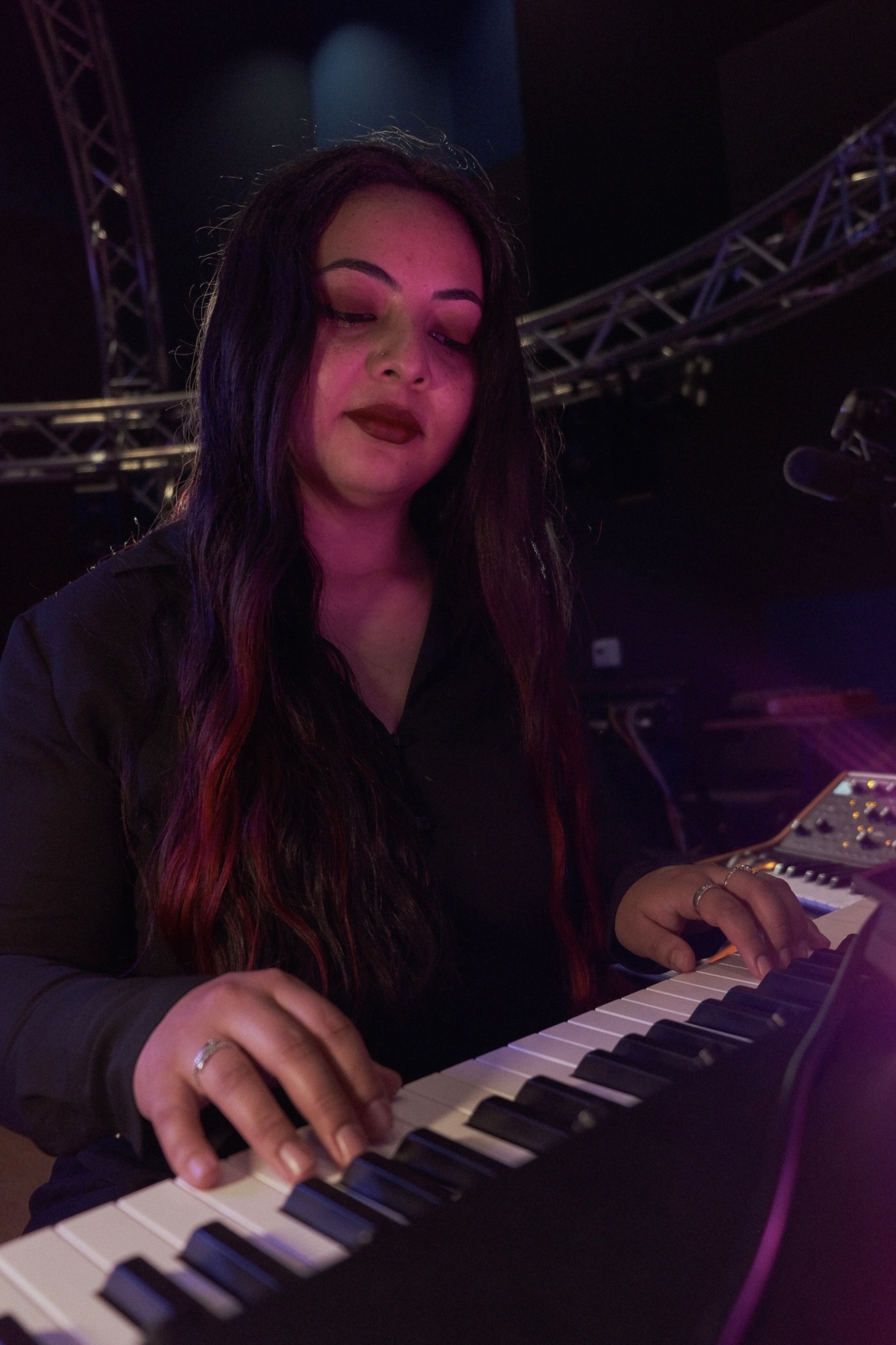
As always, we appreciate you sharing your insights and we’ve got a few more questions for you, but before we get to all of that can you take a minute to introduce yourself and give our readers some of your back background and context?
I’m very proud of myself and how far I have come in my audio journey. When I started, I didn’t know how to coil a cable, how to work a console, or even how to handle a mic. Now I am able to assist other engineers in the studio and I am able to record and mix my own music. I have worked on campus from setting up and sound checking student performances to working with classical musicians on the Baker Baum stage at the Conrad Prebys Performing Arts Center. I have also worked load-ins and load-outs for artists such as Sabrina Carpenter, Tyler The Creator, J. Balvin, and Andrea Boceli. I couldn’t have imagined myself working on a theater or arena stage five years ago, and I’m happy that I was able to achieve these dreams of mine even when I faced many obstacles.
I’m at a point in my life where I’m the most creative. Over the last two years, I have been learning how to solder and repair various odd gear. For example, I have been making my own microphones from landline telephones, modifying old dynamic microphones from the 50’s to fit modern recording devices, and turning rotary receivers from telephones into a stutter effects pedal. I am a huge advocate for DIY projects and it has been fulfilling for me to experiment with sound by using repurposed objects. If I’m not rewiring an old telephone, I’m tinkering with video and TVs. I have always been a visual artist and working with video and TVs is simply an extension of my sonic expression. I love finding ways to warp images according to sound and I have set up a wall of my own CRT TVs that I’ve routed to an oscilloscope pedal or video mixers where I manipulate video with music. This has led me to make unique visuals for my music as well as for other artists where I collaborated with friends on making distorted visuals for their music videos and live performances.
My passion for music recording, soldering, video, and telephone mics is what sets me apart from others. I have both a technical and creative mind that embraces the artistry and engineering process behind music.

Learning and unlearning are both critical parts of growth – can you share a story of a time when you had to unlearn a lesson?
With everything that I have experienced, it has taken a long time for me to truly gain confidence in my abilities and to feel that I deserve to be in the same room as all of my male colleagues. For too long, I avoided being assertive because I worried that people would perceive me as a demanding or bossy person. Now, I no longer fear setting boundaries and being vocal in my opinions. I had to unlearn that, “you have to have thick skin to be in this industry.” Having other leads or mentors train me with patience and respect has made me realize that an industry professional doesn’t need to be abrasive in their teachings. Being rude or disparaging shouldn’t be normalized and it shouldn’t be the standard. Why should I be disrespected, ignored, or berated when learning the tools of the trade? I’ve seen this happen to other people or have experienced it firsthand, and a passion for audio just shouldn’t be gate-kept or roughly passed down to the next generation. Treating others with respect or compassion is possible.
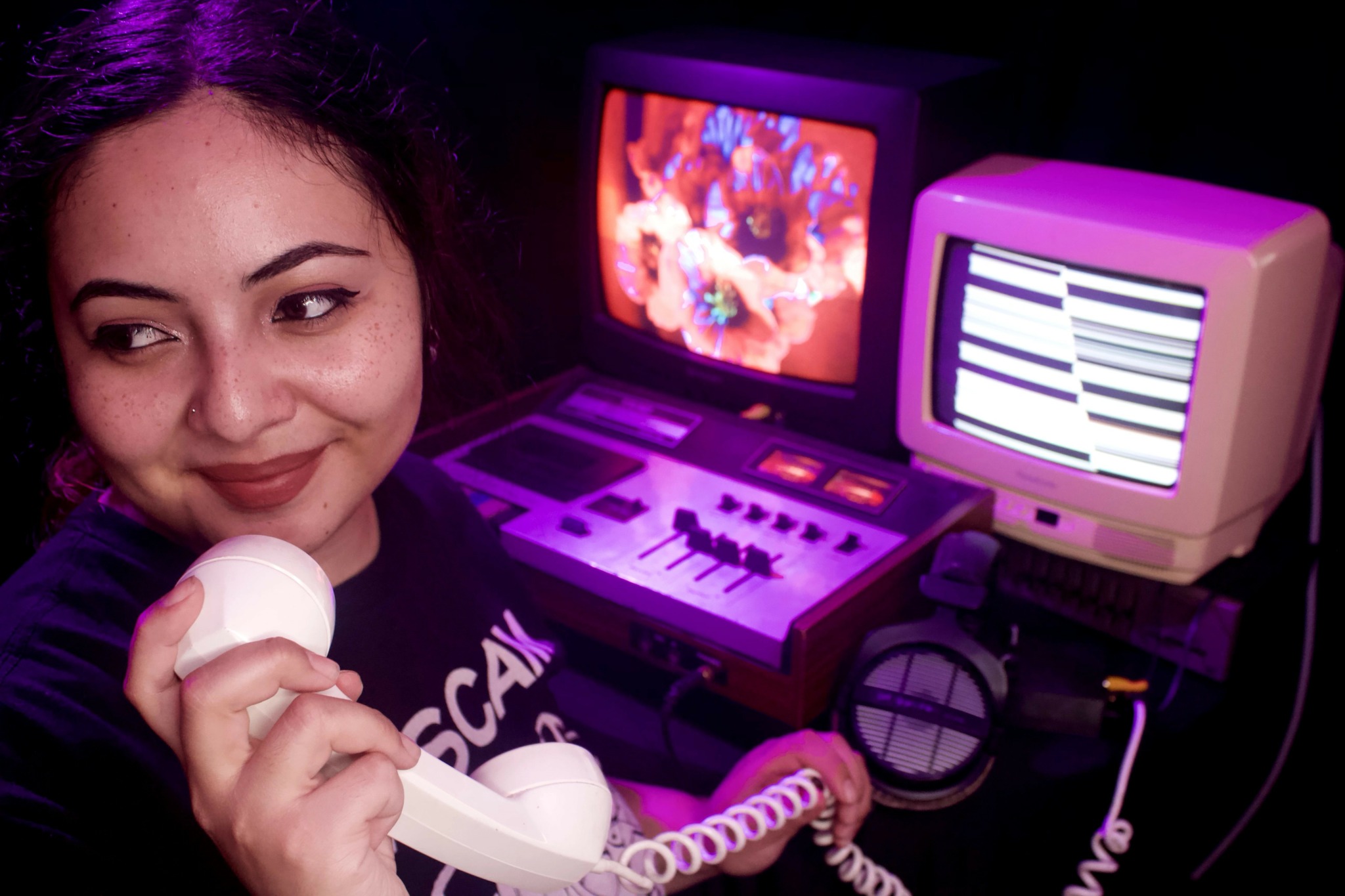
What do you think is the goal or mission that drives your creative journey?
Despite the challenges I have faced, I find myself even more determined to create a more inclusive space for not just women but any individual who is passionate about pursuing a career in sound. I want to, above all, uplift and empower others around me, especially students and I try my best to mentor other aspiring musicians or audio engineers.
Some ways that I’ve achieved this was by coordinating a music producer and mixing engineer, Ali “AMAC” McGuire, to give a talk on campus. I also moderated the first Women In Sound Panel at SDSU, which was a success among students. I brought five engineers from foley, sound design, live audio, music production, and voice over, to illustrate the various careers in audio. Many students stayed well after the event was over to network and some believed that this panel was a yearly occurrence and were looking forward to the next event. Most excitingly, one of the engineers who spoke at the panel was hired as an instructor.
This is just the beginning. I’m constantly brainstorming ideas for more events or opportunities that I could bring at the educational level that will connect and empower students in audio.
Contact Info:
- Instagram: @lorettokl
- Linkedin: https://www.linkedin.com/in/loretto-lopez-972a25164/
- Youtube: https://www.youtube.com/@lorettolopez
- Other: Loretto on Spotify:
https://open.spotify.com/artist/5hSpcX4HNIRVfJ2NaX4Tpb
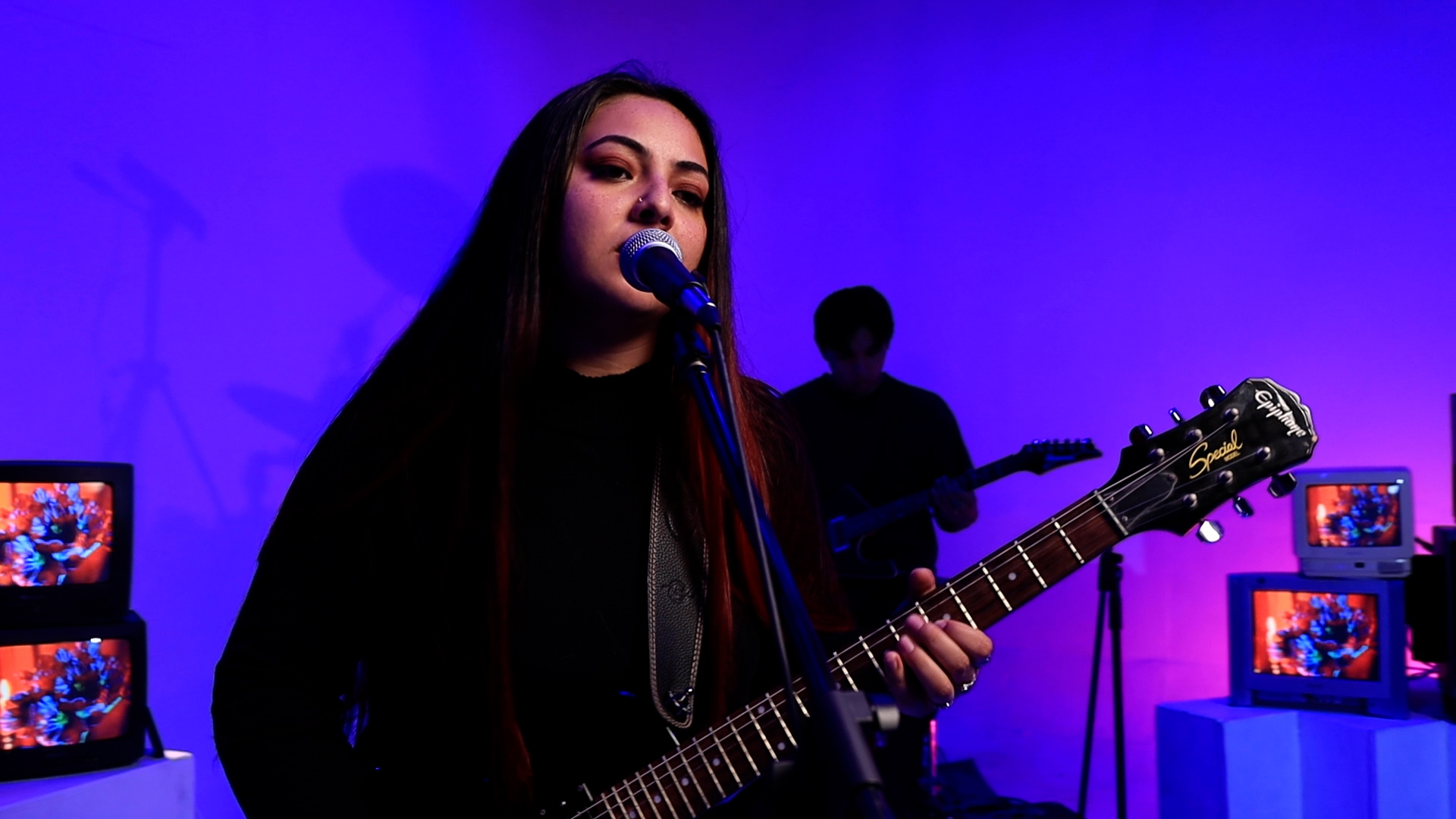

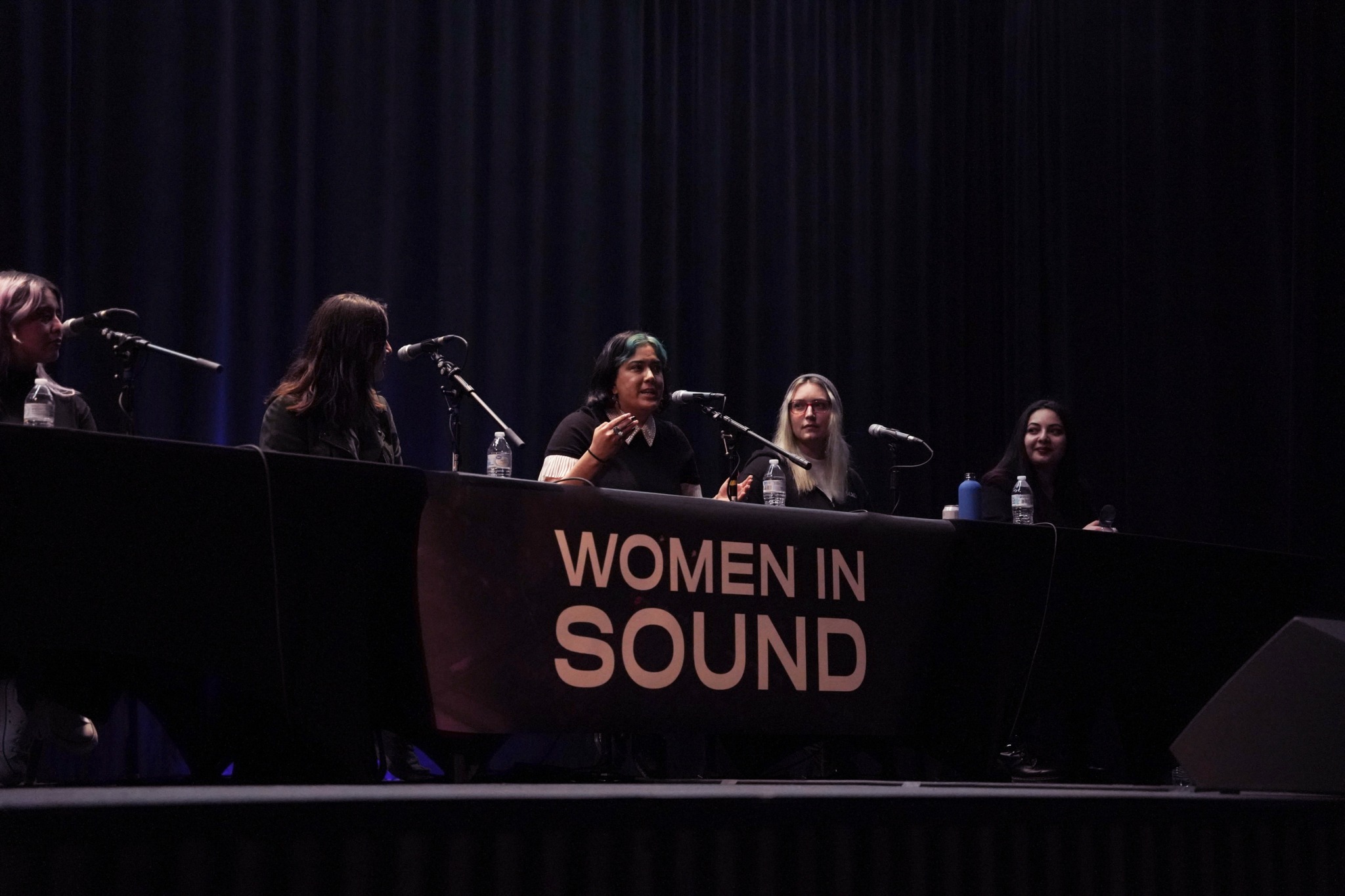
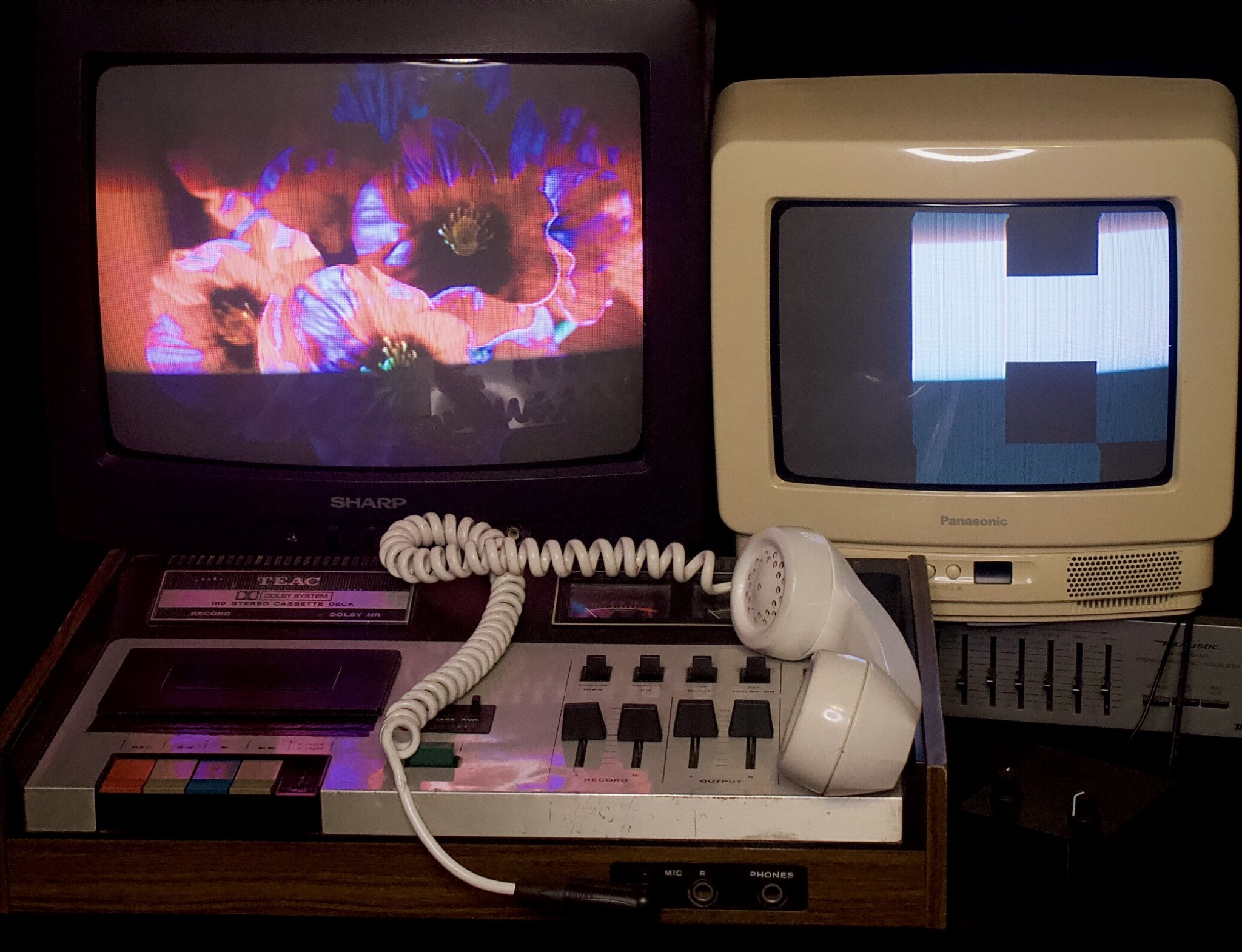
Image Credits
Robyn Kaminsky, Josè Rizal Mills, Ian Ordonio, Joseph Jaurez, and Loretto Lopez


